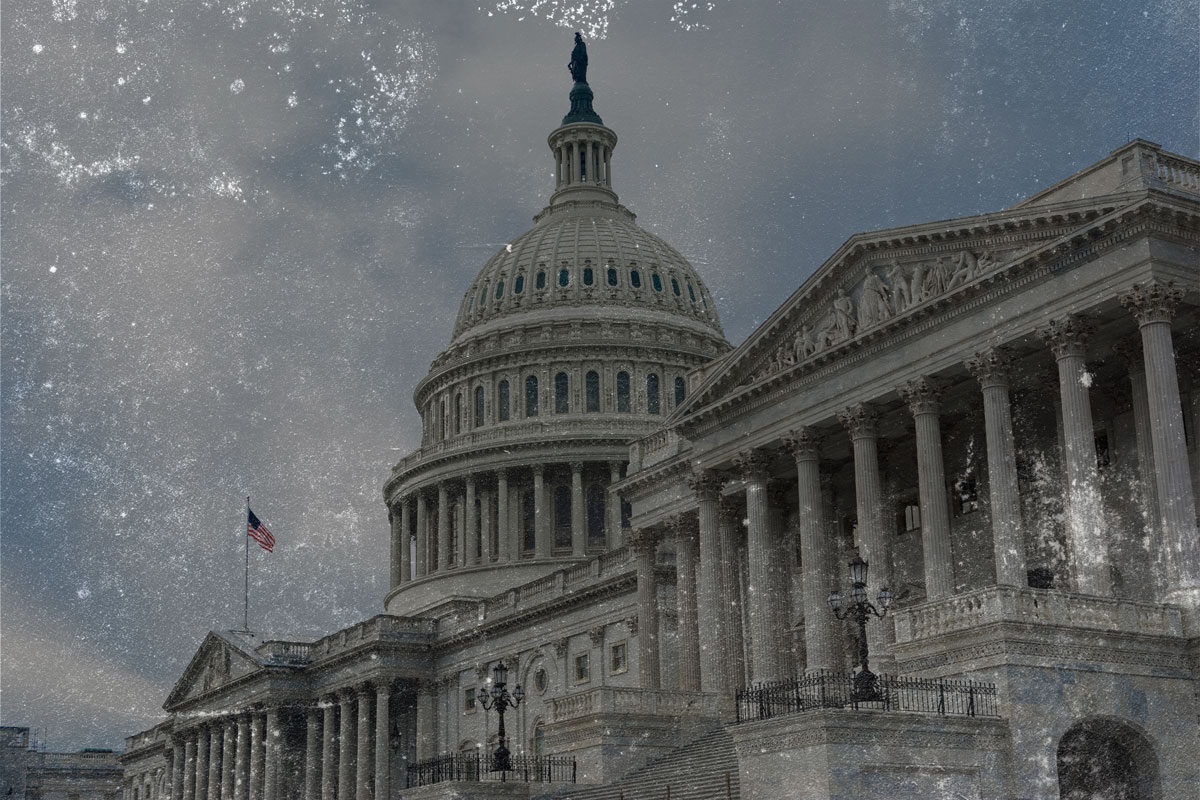In case you missed it, Alex Brill, founder and CEO of Matrix Global Advisors (MGA) and former policy director and chief economist for the House Committee on Ways and Means, published a new blog highlighting the negative consequences of the so-called “delinking” agenda from Big Pharma that’s being carried out by the Left in the lame duck:
“As the 118th Congress wraps up and sends the remaining “must pass” bills to the President’s desk, the fate of multiple “may pass” health policy matters remains unknown. Republican leaders in both chambers are contemplating which issues to address before President-elect Trump takes office and which issues to defer until a future date. One obvious political strategy for Republicans is to enact proposals that are both necessary and ordinary and defer those that may run counter to Trump’s expected deregulatory agenda and those that the Congressional Budget Office deems to save money. From this perspective, extending flexibilities for tele-health in Medicare and other expiring health policies are reasonable. One policy not to pursue is regulating the business activities of pharmacy benefit managers (PBMs).
“One policy not to pursue is regulating the business activities of pharmacy benefit managers (PBMs).”
Brill warns Congress of the costly effects of eliminating market-based incentives in the prescription drug marketplace that encourages pharmacy benefit managers (PBMs) to secure greater rebates from drug companies, undermining a key free market force in the health care system:
“Analyses of delinking, including my own, have shown that it would lead to higher costs for patients and taxpayers and put more money in the pockets of brand drug manufacturers. Little wonder then that delinking is still a favorite of the brand drug industry.
“In a working paper published last year by the National Bureau of Economic Research, University of Chicago Professor Casey Mulligan estimated that a delinking proposal applied to Medicare Part D would result in premium costs rising by $4 billion–$13 billion and drug manufacturer profits increasing by $3.1 billion–$10.6 billion.
“In my own analysis, I extrapolated Mulligan’s model to the commercial market to examine the impact of delinking if it were imposed outside of Part D. This analysis showed that the effect of delinking in the commercial market would be a $5 billion–$16 billion increase in premium costs. In total, drug manufacturer profits would increase by more than $32 billion.”
That’s a whopping $32 billion back into the pockets of Big Pharma at the expense of America’s seniors, patients and taxpayers.
Republicans should not allow for such disastrous policy to pass before the Trump Administration and Republican-led Congress take the helm in January.
Brill concludes with a call to Congress, especially conservatives, to oppose new government mandates into our health care system that would do nothing to lower prescription drug costs:
“As the Biden administration winds down and the transition to the Trump administration gets underway, Republican lawmakers would be wise to refrain from cramming new government mandates into our healthcare system in an end-of-year spending package.”
See the full piece from Brill HERE.
Learn more about the Big Government-Big Pharma “delinking” scheme from conservatives themselves HERE.

